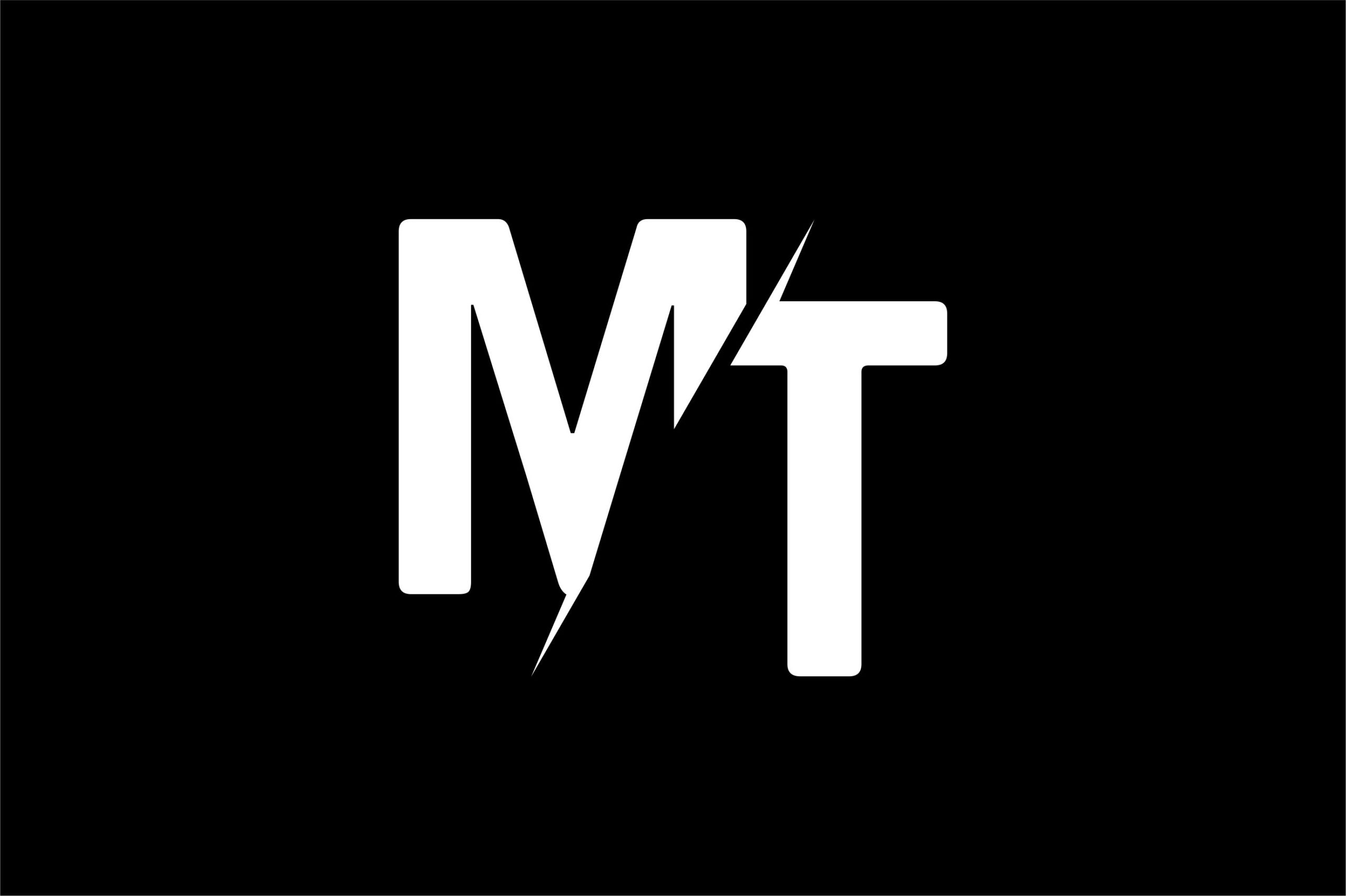Having interacted with aspects around cheques this week interest grew, over how long cheques take to clear in the United Kingdom. The reason is simple why people need to know how long a cheque takes to clear the UK, the UK is a giant in terms of innovation with Information and Communication Technology.
Despite the advancement in technology and there is a new and quicker way of paying in/depositing cheques, one thing remains the same and that is you may not be able to access your funds as soon as you deposit into your account. Sometimes your balance will even reflect the money is in there but it will not be accessible.
The risks that come with trying to use the funds right away may be dire to the extent of even bouncing payments and subsequent charges from your bank are imminent. The safest move is to understand the fundamentals of cheques and waiting periods.
Banks and other financial institutions usually outline their policies concerning deposits and hold times when you open a bank account. The purpose of putting holds on cheques is to make sure the payer’s account is funded before your end can access the funds.
How long does a cheque take to clear UK?
According to banking policies and Swift regulations on Cheques normal hold period for a cheque to clear is 24 hours if you’re depositing a cheque from the same Bank, and about 2 to 7 working days for a cheque from another Bank before it cleared.
For example, cheque clearing for standard chartered bank will only take 24 hours from the time you deposit, if you have an account within the bank yourself. Therefore 7 days is the maximum you can expect to wait on how long a Bank cheque takes to clear anywhere in the World. However, the cheque may take up to five working days for the bank to receive funds.
The amount of money in your cheque may have an effect on the period it will take to clear. Your relationship with the bank, in this case, is the basis on which this scenario relies (especially if it’s not a regular deposit).
You can get a receipt from the bank teller or ATM machine which will notify you when the funds will be available.
As mentioned earlier, the hold time depends on the circumstances around your cheque explained in this article. If you initiate an unusual deposit, your bank may choose to hold funds while they assess the situation around the source of funds. Of course, the hold time often depends on the nature of the check.
Such cases include, if you are initiating a deposit of a cheque from a new payee or if the cheque carries an unusually large amount. Another special case is that of cheques from international banks. Cheques from international banks can not be easily verified, hence a much longer hold time is inevitable.
Policies around hold times are different from bank to bank which means there is a need to make inquiries from your bank about how long you have to wait to access funds from the day/time of deposit.
Banks ut cheques on wait for a myriad of reasons. The most common and easy to understand is your bank holding a deposited check if the payer’s account does not have enough money for the transaction in question. In this case, the cheque may be sent back to the paying bank resulting in a longer waiting period for the recipient of the cheque.
New accounts may also experience different holds for deposits compared to seasoned accounts. This one has more to do with trust. We can call it an assessment period when the bank is looking into the relationship you have with it until it becomes solid.
“Accounts that have negative history—that is, accounts that frequently bounce payments or go into overdraft—may also have checks held.” A lot of criminal activity goes on around cheques and hold times are banks’ way of avoiding these criminal activities which have the potential to plunge them into losses.
There are financial companies that hold cheques deposited through one of the new online innovations or through the smart ATM machines we interacted with before. A process of verification and cross-checks should precede the release of funds. It may be necessary that you inquire about the hold times for these kinds of deposits.
If you present a special case that may need the bank to override the hold for you, this can be done on conditions of course. Such cases can be emergencies and they will be saved by your relationship with the bank. An expedited process will happen if verification is done at the time of the deposit. You will have to physically visit your branch if you really need the funds right away.
Generally, cheques take between two to five working days, depending on the nature of your cheque. However, this is one of the least worries we have had in the banking sector since the dawn of electronic banking and internet banking among others. People even barely need cash also.
SIMILAR CONTENT
- How To Pay In A Cheque Without Going To The Bank
- Can you deposit money at ATM?
- How To Receive Money With Paypal In Nigeria
- Can you deposit money at ATM?
- UBA Bank Routing Number In Nigeria
- African bank routing number
- UBA SWIFT Code Port Harcourt
- Fidelity bank routing number in Nigeria
- Regions Bank Routing Number for Wires










